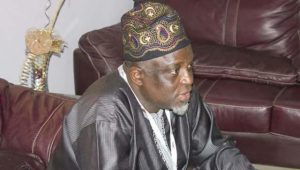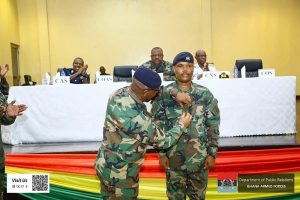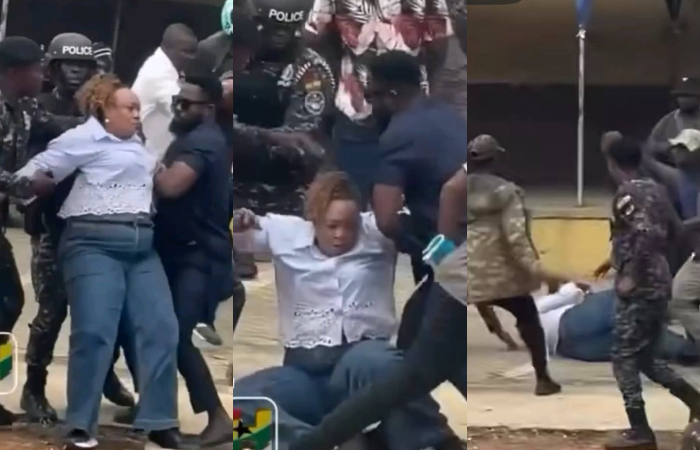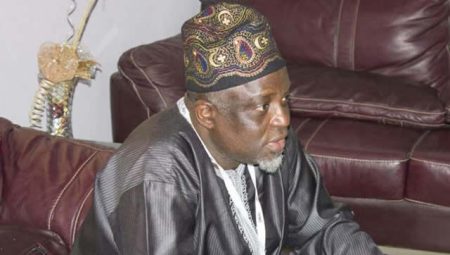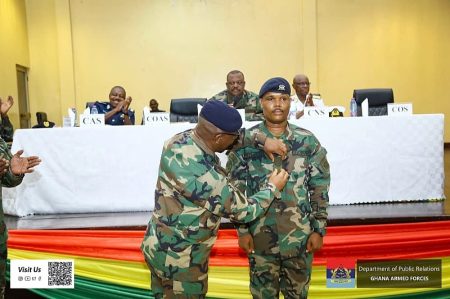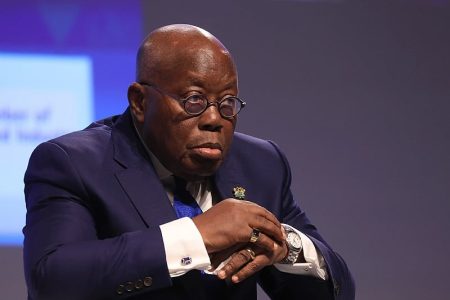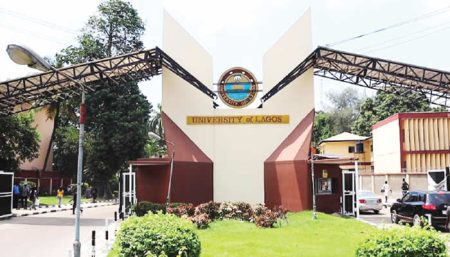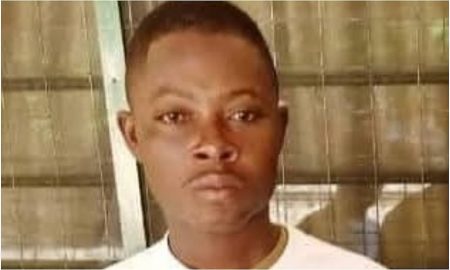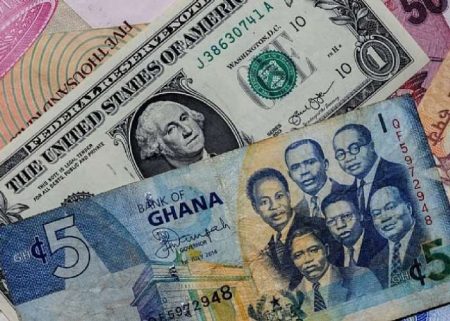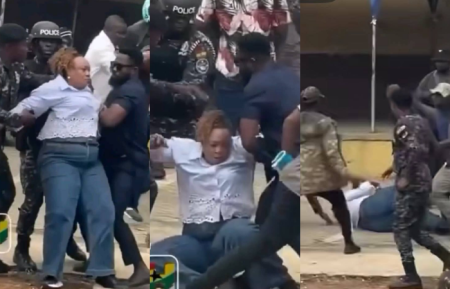The assault on former Fisheries Minister Mavis Hawa Koomson during the Ablekuma North parliamentary rerun has sent shockwaves through the political landscape of Ghana, raising serious concerns about the safety of political figures and the integrity of the electoral process. Akosua Manu, the New Patriotic Party’s (NPP) parliamentary candidate for Adentan, provided a chilling account of the attack, revealing that Koomson narrowly escaped severe injury, possibly even death, due to her quick thinking in using pepper spray to defend herself. The incident, as described by Manu, paints a picture of a premeditated and targeted attack, raising questions about the motives and the individuals involved. The attack casts a dark shadow on the already tense political climate in Ghana, underscoring the need for immediate action to prevent further violence and ensure the safety of all participants in the democratic process.
Manu recounted Koomson’s experience, detailing how the former minister was separated from her security detail upon entering a polling station. This isolation left her vulnerable to the subsequent ambush by a group of young men, one of whom she reportedly recognized. The attackers’ aggressive approach, coupled with the alleged presence of a weapon, suggests a clear intent to cause harm. Koomson’s use of pepper spray proved crucial in deterring the assault, giving her time to escape a potentially life-threatening situation. This incident highlights the precarious position of political figures, particularly during elections, and emphasizes the need for robust security measures to protect them from such threats. The fact that Koomson was targeted while simply observing the electoral process raises troubling questions about the level of political intolerance and the increasing use of violence to intimidate and silence opposing voices.
The attack on Koomson is not an isolated incident but rather part of a broader pattern of violence that marred the Ablekuma North parliamentary rerun. Reports of attacks on party agents, voters, and journalists paint a grim picture of an electoral process undermined by intimidation and fear. This escalating violence threatens the very foundation of democracy, eroding public trust in the system and discouraging participation in the political process. The incident involving Koomson serves as a stark reminder of the potential consequences of unchecked political aggression and the urgent need for a comprehensive response from authorities to address the root causes of this violence. The safety and security of all participants in the electoral process must be paramount, and decisive action is required to ensure that future elections are free, fair, and peaceful.
The NPP’s call for a thorough investigation by the Inspector General of Police is a crucial step towards accountability and justice. Identifying and prosecuting the perpetrators of this attack, as well as those responsible for other acts of violence during the rerun, is essential to deter future incidents and send a clear message that such behavior will not be tolerated. Moreover, the investigation should not only focus on the immediate perpetrators but also examine any potential connections to political actors or groups who may have instigated or condoned the violence. A comprehensive investigation is vital to restoring public confidence in the electoral process and ensuring that future elections are conducted in a safe and secure environment.
Beyond investigating the specific incident involving Koomson, it is imperative to address the underlying causes of political violence in Ghana. This requires a multi-pronged approach involving political leaders, security agencies, civil society organizations, and the media. Political leaders must publicly condemn violence and refrain from using inflammatory rhetoric that could incite further unrest. Security agencies need to be adequately trained and equipped to prevent and respond to acts of violence, while also ensuring that their actions are impartial and respect human rights. Civil society organizations can play a crucial role in promoting peaceful dialogue and conflict resolution, while the media has a responsibility to report on these issues accurately and responsibly, avoiding sensationalism and promoting balanced coverage.
Ultimately, building a culture of peace and tolerance requires a collective effort from all segments of society. This includes fostering respect for differing political views, promoting peaceful means of resolving disputes, and upholding the rule of law. The attack on Hawa Koomson serves as a wake-up call, highlighting the fragility of democratic institutions and the urgent need to safeguard the electoral process from violence and intimidation. By working together, Ghanaians can create a political environment where all citizens feel safe and empowered to participate in the democratic process without fear of reprisal. The future of Ghana’s democracy depends on it.


